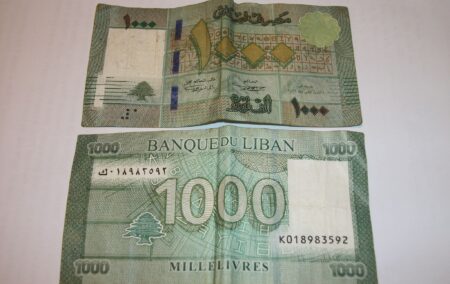Lebanon has become the latest country to be gripped by the demon of hyperinflation. Hyperinflation is defined as when the inflation rate exceeds 50% for more than 30 consecutive days. This occurred in Lebanon this week.
According to Professor Steve H Hanke of Johns Hopkins University, Lebanon is the first country from the Middle East and North African (MENA) region to suffer from hyperinflation. Hanke and his colleagues have tracked 61 cases of hyperinflation through world history, with Lebanon being the latest case that they have identified.
Hanke said that the causes of hyperinflation are normally the same. According to Hanke: ‘Governments start running larger and larger fiscal deficits and call on the central bank to fund those deficits because tax and bond financing avenues are inadequate. In hyperinflations, central banks are required to virtually fund the governments’ entire fiscal operations.’
Lebanon has been suffering from an economic crisis for some time and the country defaulted on its debt in March.
Hanke said that at the start of the Covid-19 pandemic a number of emerging market countries were vulnerable to hyperinflation, but those risks have receded. Nevertheless, South Africa should take his warnings about what causes hyperinflation seriously, as factions within the governing African National Congress look increasingly eager to use the Reserve Bank to fund expenditure through the printing of money.
Image: Wikimedia Commons

